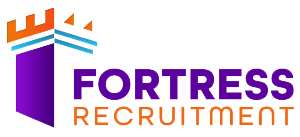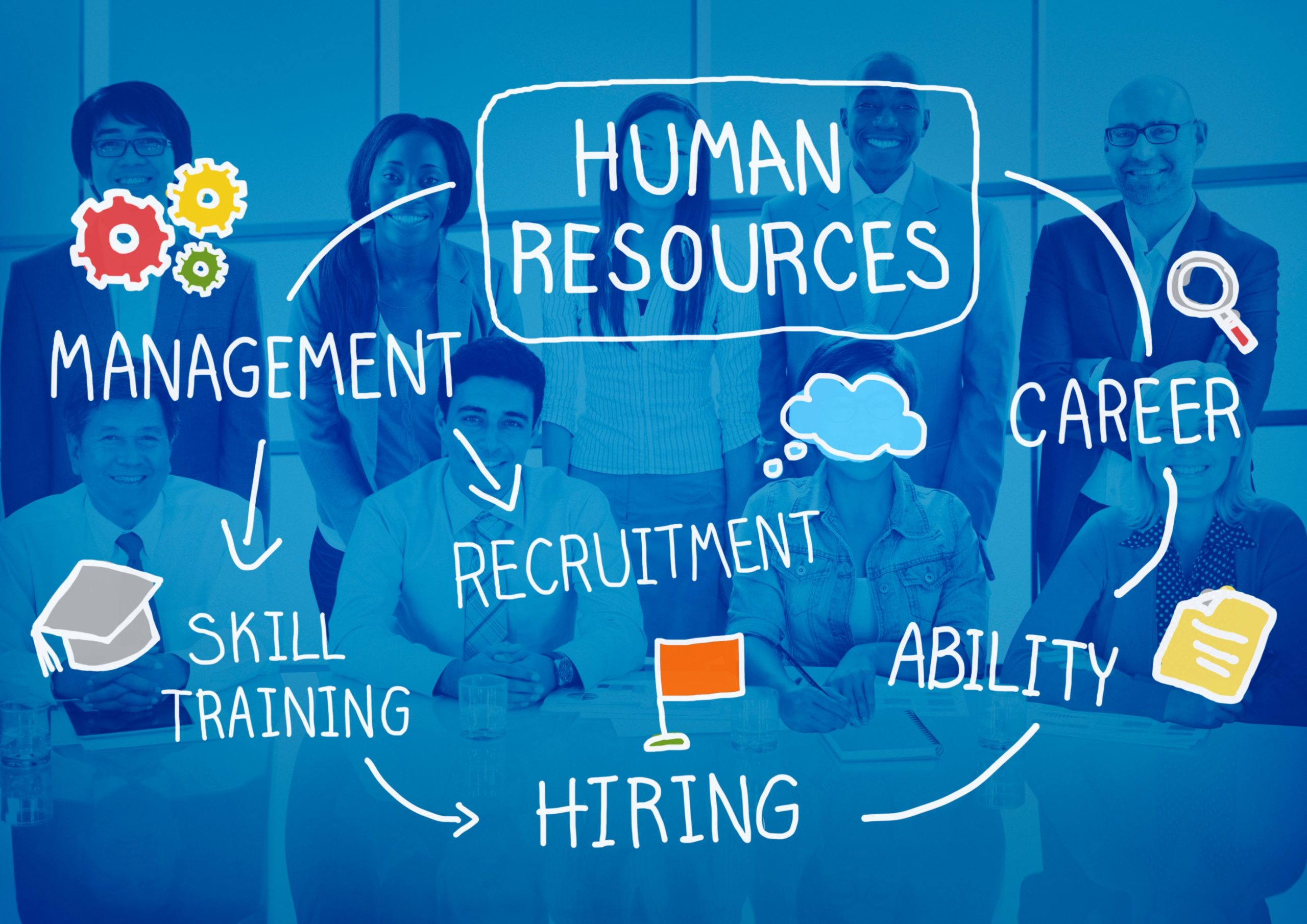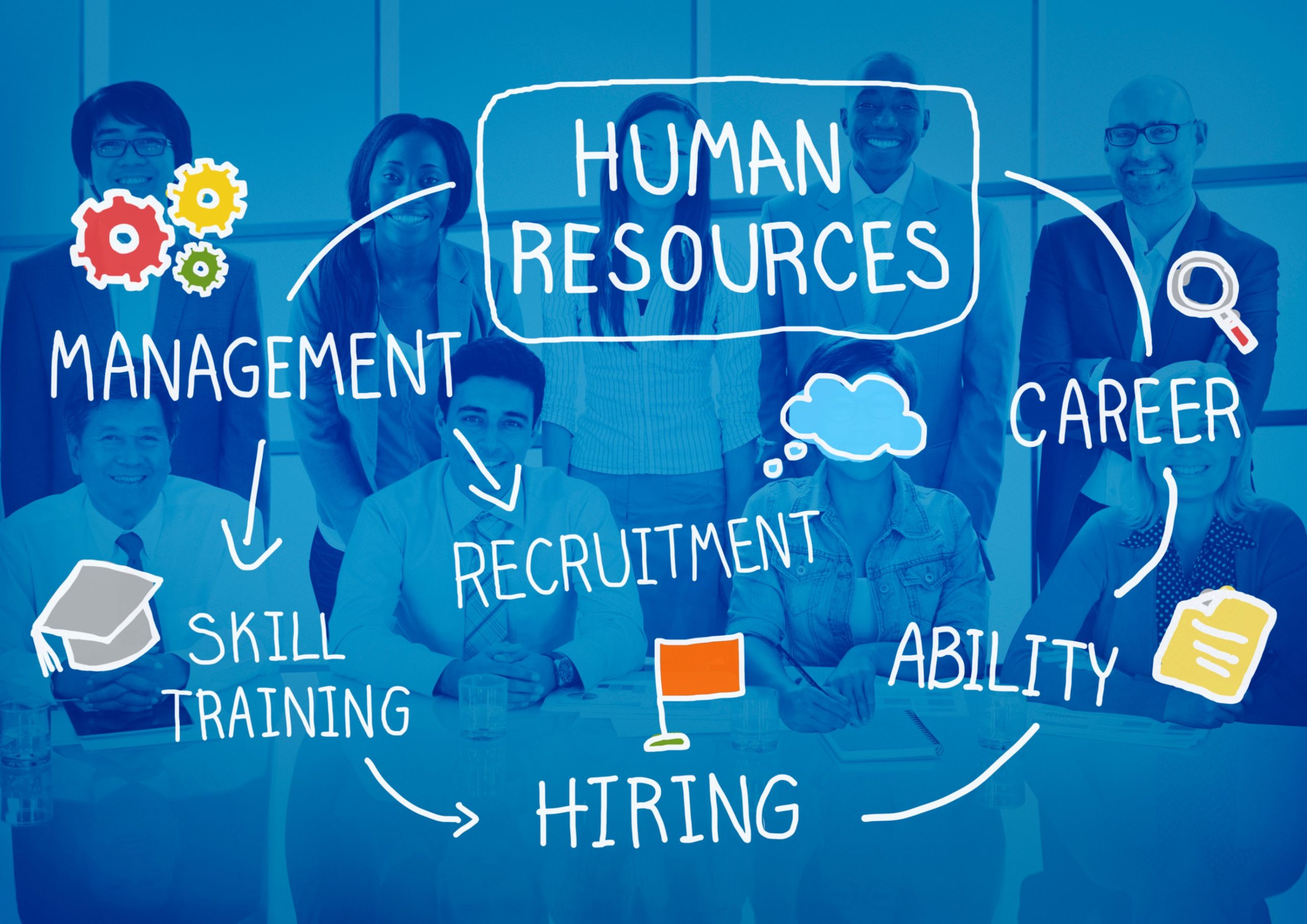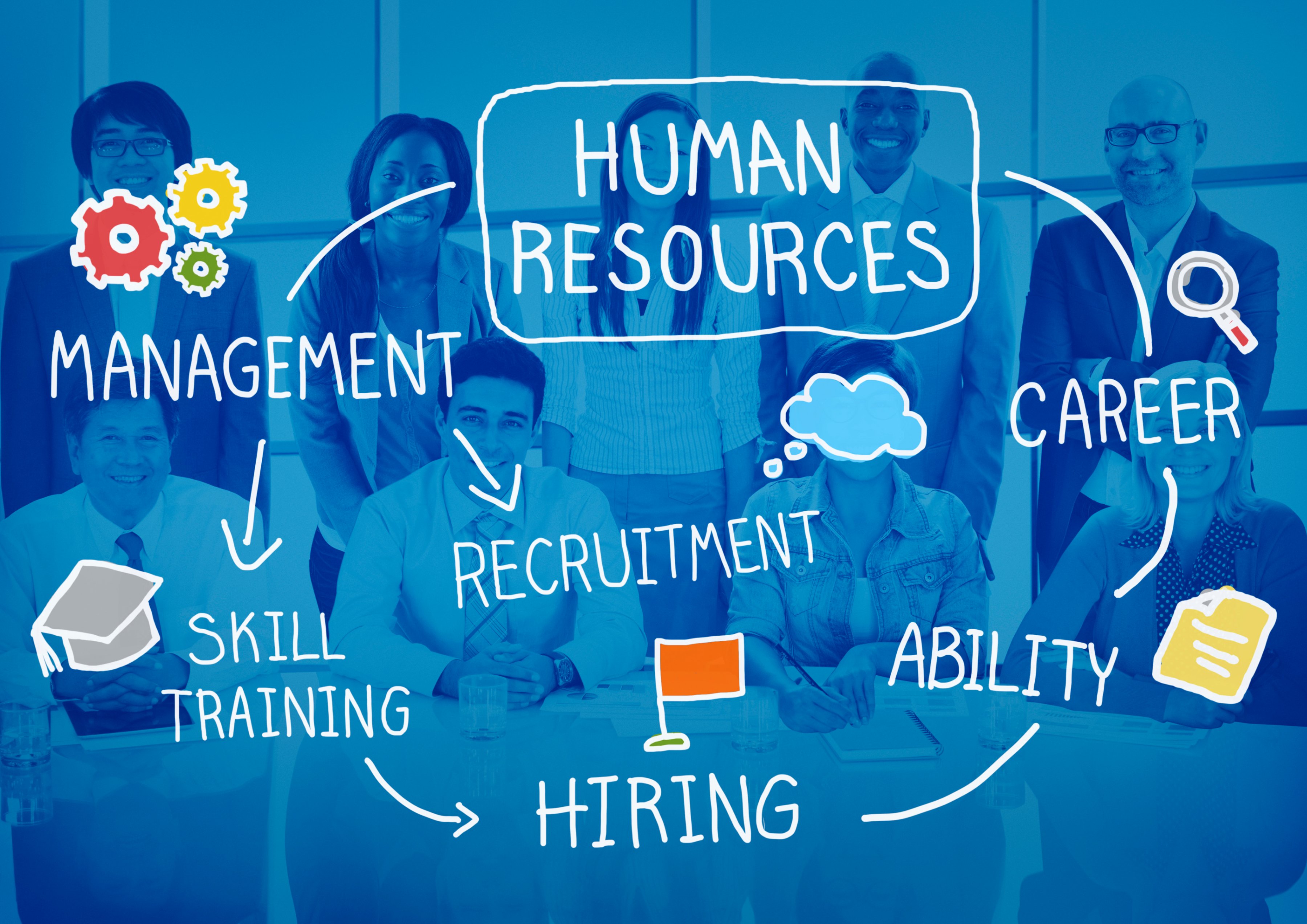
Key Highlights
- Strategic hiring is essential for building workforce resilience and future-proofing the public sector.
- The public service faces significant challenges, including a talent gap driven by demographic changes and competition from the private sector.
- Adopting skills-based hiring and focusing on adaptability can help public sector organisations find the right talent.
- Innovative talent management, like engaging Gen Z and using digital tools, is crucial for a modern public workforce.
- This blog explores how strategic recruitment builds a resilient public sector ready to meet future demands.
Introduction
Building a strong public service starts with hiring the right people. For the public sector, this means more than just filling empty seats. It requires strategic hiring focused on long-term resilience and adaptability. As challenges evolve, having a forward-thinking approach to workforce planning is no longer optional; it’s essential for delivering the services communities rely on. This guide will show you how strategic recruitment can create a robust and future-ready public sector workforce.
The Importance of Strategic Hiring in UK Public Services
Strategic workforce planning is vital for UK public sector organisations. It’s the process of aligning your talent with long-term organisational goals to maintain high service levels, even when circumstances change. This ensures your organisation has the right people with the right skills in the right roles at the right time.
Effective hiring strategies, including proactive recruitment, succession planning, and development programs, are key. By focusing on identifying and nurturing top talent, public sector employers can make the best use of limited resources and ensure workforce investments align with strategic priorities. This approach builds a capable and motivated team ready for any challenge.
Defining Workforce Resilience in Public Sector Organisations
So, what exactly is workforce resilience in the public sector? It’s an organisation’s ability to anticipate, prepare for, and adapt to change and disruption without compromising the delivery of essential services. A resilient workforce can navigate challenges like budget cuts, technological advancements, or unexpected crises effectively.
Key characteristics of a resilient team include adaptability, a strong growth mindset, and diverse skill sets. These qualities allow public sector organisations to pivot when needed and continue functioning smoothly. For government agencies, this means having employees who are not only skilled in their current roles but are also prepared to learn and take on new responsibilities.
Ultimately, workforce resilience ensures that public service continues uninterrupted, regardless of external pressures. It’s about building a team that is robust, agile, and committed to serving the community, making it a cornerstone of modern public sector management.
How Strategic Hiring Drives Organisational Adaptability
Strategic hiring is a powerful tool for boosting organisational adaptability. By intentionally seeking out candidates with specific competencies, you can build a team that thrives on change. This forward-thinking approach to recruitment ensures your talent pool is equipped to handle future challenges, from organisational changes to new regulatory compliance demands.
A strategic hiring process helps public services adapt by focusing on more than just immediate needs. It involves looking for individuals who demonstrate a capacity for learning and problem-solving. This creates a workforce that can evolve alongside the demands of the public sector.
Here are a few strategies to increase adaptability through hiring:
- Prioritise candidates with a demonstrated ability to learn new skills.
- Use behavioural interviews to assess how applicants have handled past challenges.
- Focus on soft skills like critical thinking and collaboration.
- Build a diverse team with a wide range of backgrounds and experiences.
Understanding the Current Public Service Talent Gap
The public service is currently facing a significant talent gap. This shortage of skilled professionals affects everything from IT helpdesks to infrastructure projects, causing delays and disrupting essential services. Public employers face the dual challenge of replacing retiring public sector employees while attracting new talent with modern skills.
This gap isn’t just about numbers; it’s about having the right capabilities to meet future needs. Understanding the root causes and impacts of this challenge is the first step toward effective talent management. In the following sections, we will look at the factors driving these shortages and how they are reshaping the public sector workforce.
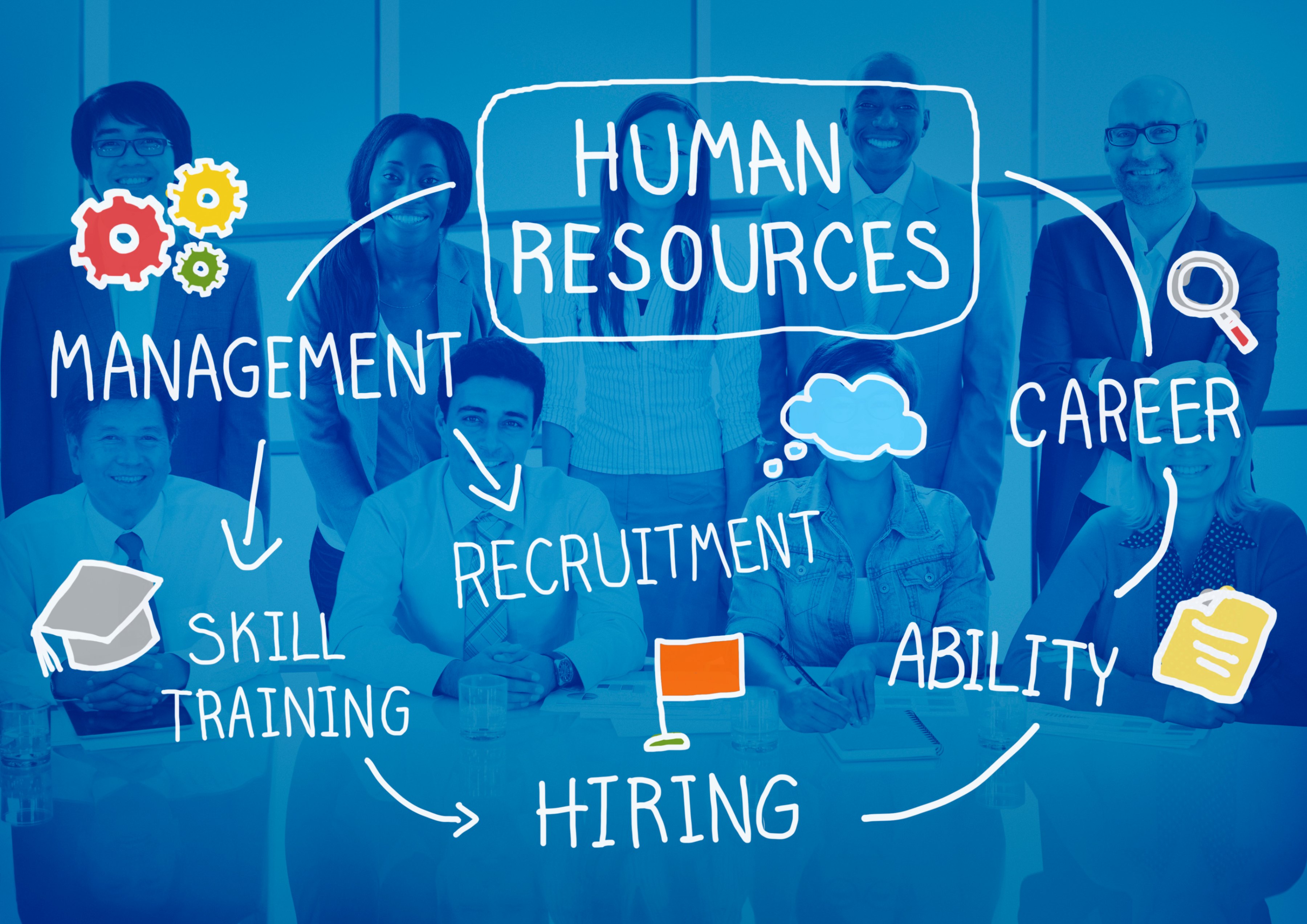
Root Causes of Talent Shortages in the Public Sector
Several deep-rooted factors contribute to the talent shortages in the public sector. For years of history, a lack of strategy in workforce planning has left many organisations unprepared for predictable changes like mass retirements. This reactive approach creates a constant struggle to fill critical positions.
On top of this, tight budget constraints make it difficult for the public sector to compete with the private sector, which often offers higher salaries and clearer career paths. This financial pressure, combined with outdated training programs and sometimes cumbersome hiring processes, creates a challenging environment for attracting and retaining skilled individuals.
Here are some of the primary root causes:
- An ageing workforce and the loss of institutional knowledge.
- Intense competition from private sector employers offering better pay.
- Limited budgets for competitive salaries and modern training.
- Clumsy or lengthy hiring processes that deter top candidates.
The Impact of Demographic Shifts and Generational Change
Demographic shifts are dramatically reshaping the public sector workforce. The retirement of the Baby Boomer generation is a major event, leading to a massive loss of institutional knowledge and decades of experience. This “silver exodus” is creating millions of job vacancies that are proving difficult to fill. This demographic wave puts immense pressure on public services that are already strained.
As Baby Boomers leave, organisations must turn their attention to attracting younger generations, like Millennials and Gen Z. However, these groups often have different expectations for their careers, prioritising purpose, flexibility, and innovation—values not always associated with government work. Strategic hiring is crucial to bridge this gap by aligning public sector roles with the expectations of this new workforce.
Here is a look at generational trends in the workforce:
|
Generation |
Key Characteristics & Expectations |
Impact on Public Sector |
|---|---|---|
|
Baby Boomers |
Value job stability and have extensive institutional knowledge. |
Mass retirements are creating a significant talent and knowledge gap. |
|
Millennials |
Seek purpose-driven work, flexibility, and opportunities for growth. |
Often overlook public sector roles, perceiving them as rigid and slow-moving. |
|
Gen Z |
Desire diverse, inclusive workplaces, mental health support, and community impact. |
Represent the future workforce but require modern recruitment strategies to engage. |
Core Qualities and Skills for a Resilient Public Workforce
To build a resilient public workforce, hiring managers must look beyond traditional qualifications. It’s about identifying core qualities and competencies that align with long-term organisational goals. A resilient employee is adaptable, forward-thinking, and eager to learn, making them invaluable in an ever-changing environment.
Focusing on these attributes helps fill critical roles and build robust talent pipelines for succession planning. The next sections will explore specific skills and mindsets to look for, such as a focus on competencies over credentials and the ability to adapt to new challenges. This ensures you hire people who will strengthen your organisation for years to come.
Improve stability across key service areasSkills-Based Hiring: Focusing on Current and Future Competencies
Skills-based hiring is an approach that prioritises a candidate’s practical abilities over their formal qualifications, like a bachelor’s degree. This method is vital for building resilient public sector teams because it widens the talent pool and ensures you are hiring people with the exact capabilities your organisation needs. It helps you look past a CV and see what a person can actually do.
By conducting a competency analysis, you can identify the skills required not just for today, but also for future workforce needs. This allows you to hire individuals who can grow with your organisation. Integrating this approach with internal development programs creates a sustainable cycle of talent improvement.
Essential competencies to look for include:
- Digital literacy and technological proficiency
- Data analysis and interpretation
- Critical thinking and problem-solving
- Communication and collaboration
- Adaptability and learning agility
Identifying Growth Mindset and Adaptability in Candidates
A growth mindset and adaptability are two of the most valuable traits in a modern public sector workforce. Candidates with a growth mindset believe their abilities can be developed through dedication and hard work, making them open to learning and resilient to setbacks. Adaptability is their ability to adjust to new conditions and thrive in dynamic environments.
Identifying these qualities during the hiring process is key. Public service leaders should design interview questions and assessments that reveal how a candidate approaches challenges and change. This ensures you are bringing people on board who will contribute to a more agile and forward-thinking culture.
Here are some practical ways to assess these traits:
- Use behavioural questions about past experiences with failure or unexpected changes.
- Present candidates with hypothetical problem-solving scenarios.
- Ask about their continuous learning habits and how they stay updated in their field.
- Look for evidence of initiative and a willingness to step outside their comfort zone.
Innovative Recruitment Approaches for Modern Public Services
To compete for top talent, the public sector must move beyond traditional recruitment methods. Innovative hiring practices are essential for reaching a wider and more diverse talent pool. Embracing digital tools, offering flexible work arrangements, and highlighting your contribution to community development can make government roles more appealing.
Innovation in hiring directly affects long-term success by ensuring a steady pipeline of skilled and motivated employees. By modernising their approach, public sector agencies can attract the next generation of leaders. The following sections explore how to engage with new talent demographics and leverage technology to build a resilient workforce. A public sector recruitment agency can provide expert guidance on these strategies.
Engaging Gen Z and Diverse Talent Pools
Attracting Gen Z and candidates from diverse backgrounds is crucial for building a resilient future workforce. These younger, digitally native individuals bring fresh perspectives, new skills, and a strong desire to make a tangible impact. Their involvement helps ensure the public sector reflects the communities it serves and is prepared for future challenges.
Engaging this demographic requires a modern approach. Gen Z values transparency, mental health support, and flexible work arrangements. By highlighting how public service roles align with these values, organisations can become employers of choice. A team composed of people from a range of backgrounds is inherently more innovative and better at problem-solving.
Consider these strategies to attract Gen Z and diverse talent:
- Showcase the direct community impact of public sector roles.
- Offer flexible work options, such as remote or hybrid arrangements.
- Foster an inclusive workplace culture that prioritises well-being.
- Use social media and digital platforms for recruitment campaigns.
Data-Driven Recruitment and Digital Tools for Resilience
Leveraging data and digital tools is a game-changer for public sector recruitment. A data-driven approach helps you make smarter, more objective hiring decisions, moving beyond intuition. By analysing recruitment metrics, you can identify high-quality hiring channels, pinpoint bottlenecks in your process, and optimise your strategies for better results.
This is where a public sector recruitment agency UK can help, as they have access to the latest tools and data. Digital tools, such as applicant tracking systems (ATS) and online assessment platforms, streamline talent management and enable proactive recruitment. Instead of waiting for vacancies to appear, you can build talent pipelines for critical roles, ensuring you’re always prepared. This technological shift is essential for building a resilient and agile team.
Key digital strategies for local government recruitment include:
- Using data analytics to track metrics like time-to-fill and cost-per-hire.
- Implementing an applicant tracking system to manage candidates efficiently.
- Leveraging online platforms for skills assessments and behavioural interviews.

Conclusion
In conclusion, building resilient public services hinges on the implementation of strategic hiring practices that not only address current gaps but also anticipate future challenges. By focusing on core qualities and skills, such as adaptability and a growth mindset, organisations can cultivate a workforce ready to face the complexities of modern public service. Innovative recruitment methods, including data-driven approaches and engaging diverse talent pools, will enhance organisational flexibility and responsiveness. As you reflect on the importance of these strategies, consider making your hiring processes more deliberate and forward-thinking to ensure sustainable success in your public sector roles. If you’re interested in exploring tailored solutions for your organisation, get in touch with us for a free consultation.
Partner with a specialist public sector recruiterFrequently Asked Questions
Why is resilience crucial in public service teams?
Resilience is crucial because public service teams must deliver essential services without interruption, even during crises. A resilient workforce can adapt to unexpected challenges, ensuring that critical roles are always filled and that the public sector can continue to function effectively for the communities it serves.
How does strategic hiring address future challenges for public services?
Strategic hiring addresses future challenges by proactively identifying the skills and competencies needed to meet future requirements. It helps the public sector build a strong talent pipeline, ensuring that organisational goals are met by having adaptable and skilled employees ready to tackle new and evolving demands.
What recruitment strategies help retain top talent in government roles?
Key retention strategies include investing in employee development, offering clear career progression, and providing flexible work arrangements. When the public sector makes meaningful workforce investments and shows it values its top talent, employees are more likely to feel appreciated and remain in their roles long-term.
